The Black Night that still haunts the nation
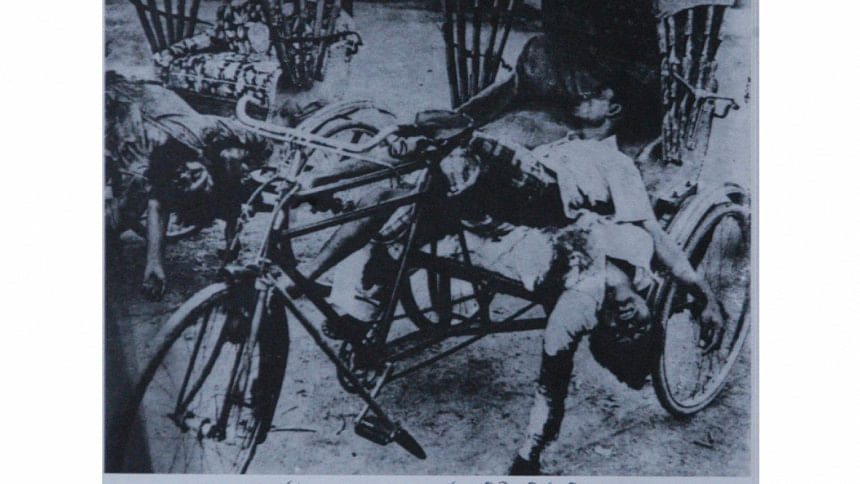
The nation today recalls the Black Night of March 25.
On this fateful night in 1971, the Pakistan military junta launched the “Operation Searchlight” and mercilessly murdered the Bangalee members of the East Pakistan Rifles and police, students and teachers as well as thousands of common people in Dhaka.
Jagannath Hall, a non-Muslim dormitory of Dhaka University, and Iqbal Hall, now Sergeant Zahurul Haq Hall, Pilkhana, Rajarbagh Police Lines, and Hindu-dominated areas of Old Dhaka were the main targets of the operation.
Armed with heavy weapons such as tanks, automatic rifles, rocket launchers, heavy mortars and light machine guns, Pakistani soldiers encircled Dhaka University from east, south and north.
The first target of Operation Searchlight was Zahurul Haq Hall as the then Non-cooperation Movement was organised under the banner of "Independent Bangladesh Students Movement Council" from that dormitory.
By March 25, all leaders of Chhatra League had left the hall.
After midnight, the army attacked Jagannath Hall with shelling of mortar and nonstop gun firing.
They entered the dormitory through north and south gates and killed students indiscriminately in each room. Around 34 students were killed. Some students of Jagannath Hall were resident of Ramna Kali Bari.
It was one of the very few military operations in the post-World War-II history, planned against civilians, just to kill a smart percentage of them and to scare the survivors.
American journalist Robert Payne wrote about the night that at least 7,000 people were killed and 3,000 others arrested.
In the wake of the Pakistan army action, Bangabandhu Sheikh Mujibur Rahman declared independence of Bangladesh through EPR wireless at 00-30 hours on March 26 (the night following March 25) in 1971 from his Dhanmondi-32 house.
The great leader also called upon the people to build a united resistance against the occupation forces. Later, the military junta, in a bid to stop the legitimate movement of the Bangalees, arrested him on that night following his declaration of independence.
Later, Bangabandhu was taken to the then West Pakistan and kept in a prison for the entire nine-month period of the Liberation War.
Following the declaration, the whole nation, except a few pro-Pakistani elements, waged a total war against the Pakistan junta.
Ultimately, Bangladesh was liberated on December 16, 1971, when the Pakistan forces surrendered to the Bangladesh-India Allied Forces at the Race Course Maidan, now known as Suhrawardy Udyan.
Different political and socio-cultural organisations, including the Liberation War Museum, have chalked out elaborate programmes for today to observe the day and to pay deep homage to the martyrs.

 For all latest news, follow The Daily Star's Google News channel.
For all latest news, follow The Daily Star's Google News channel. 

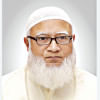

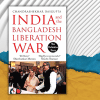
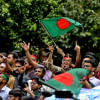
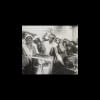


Comments